The recent reporting of Coronavirus Disease (COVID19) in the Kingdom of Bahrain as confirmed by the Ministry of Health hit the panic button among many of the residents of the Kingdom. We, at Al Hilal Hospital and Medical Centers, aim to increase the public awareness about the Virus.
Background:
The outbreak of respiratory disease caused by a novel (new) coronavirus was first detected in Wuhan City, Hubei Province, China and which has now been detected in 37 locations internationally, including 33 confirmed cases (at the time of writing this article) in the Kingdom of Bahrain. The virus has been named “SARS-CoV-2” and the disease it causes has been named “coronavirus disease 2019” (abbreviated “COVID-19”).
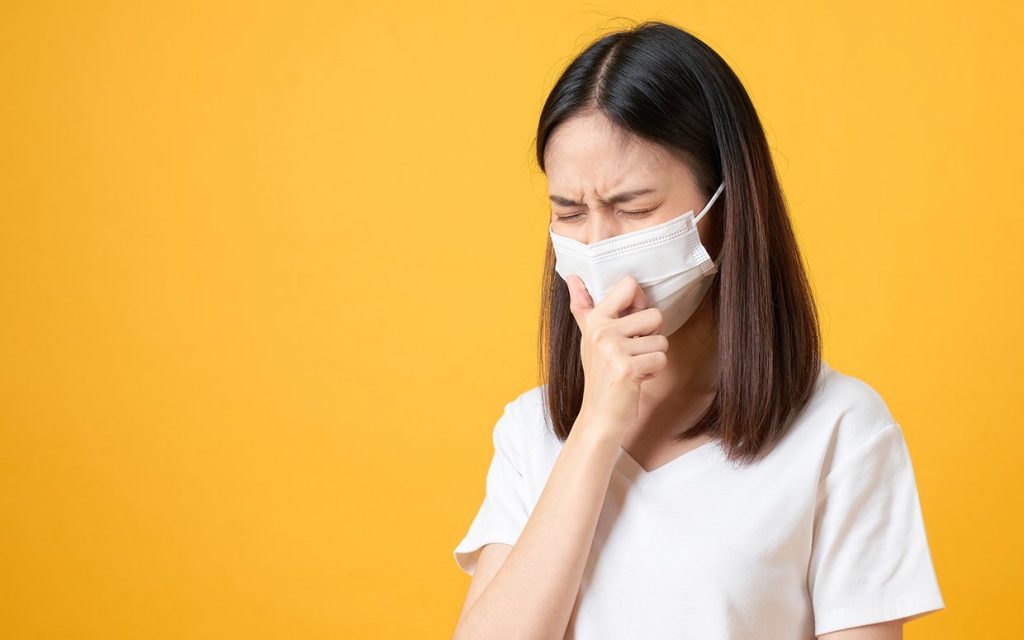
The most common symptoms of COVID-19 are fever, tiredness, and dry cough. Some patients may have aches and pains, nasal congestion, runny nose, sore throat or diarrhea. These symptoms are usually mild and begin gradually. Some people become infected but don’t develop any symptoms and don’t feel unwell. Most people (about 80%) recover from the disease without needing special treatment. Around 1 out of every 6 people who gets COVID-19 becomes seriously ill and develops difficulty breathing. Older people, and those with underlying medical problems like high blood pressure, heart problems or diabetes, are more likely to develop serious illness. About 2% of people with the disease have died. People with fever, cough and difficulty breathing should seek medical attention.
People can catch COVID-19 from others who have the virus. The disease can spread from person to person through small droplets from the nose or mouth which are spread when a person with COVID-19 coughs or exhales. These droplets land on objects and surfaces around the person. Other people then catch COVID-19 by touching these objects or surfaces, then touching their eyes, nose or mouth. People can also catch COVID-19 if they breathe in droplets from a person with COVID-19 who coughs out or exhales droplets. This is why it is important to stay more than 1 meter (3 feet) away from a person who is sick.
Preventive measures for everyone
Most people who become infected experience mild illness and recover, but it can be more severe for others. Take care of your health and protect others by doing the following:
- Regularly and thoroughly clean your hands with an alcohol-based hand rub or wash them with soap and water.
Why? Washing your hands with soap and water or using alcohol-based hand rub kills viruses that may be on your hands. - Maintain at least 1 metre (3 feet) distance between yourself and anyone who is coughing or sneezing.
Why? When someone coughs or sneezes they spray small liquid droplets from their nose or mouth which may contain virus. If you are too close, you can breathe in the droplets, including the COVID-19 virus if the person coughing has the disease. - Avoid touching eyes, nose and mouth.
Why? Hands touch many surfaces and can pick up viruses. Once contaminated, hands can transfer the virus to your eyes, nose or mouth. From there, the virus can enter your body and can make you sick. - Make sure you, and the people around you, follow good respiratory hygiene. This means covering your mouth and nose with your bent elbow or tissue paper when you cough or sneeze. Then dispose of the used tissue paper immediately.
Why? Droplets spread virus. By following good respiratory hygiene you protect the people around you from viruses such as cold, flu and COVID-19. - Stay home if you feel unwell. If you have a fever, cough and difficulty breathing, seek medical attention and call in advance. Follow the directions of your local health authority.
Why? National and local authorities will have the most up to date information on the situation in your area. Calling in advance will allow your health care provider to quickly direct you to the right health facility. This will also protect you and help prevent spread of viruses and other infections. - Stay informed on the latest developments about COVID-19. Follow advice given by your healthcare provider, your national and local public health authority or your employer on how to protect yourself and others from COVID-19.
Why? National and local authorities will have the most up to date information on whether COVID-19 is spreading in your area. They are best placed to advise on what people in your area should be doing to protect themselves.
Preventive measures for persons who are in or have recently visited (past 14 days) areas where COVID-19 is spreading
- Follow the guidance outlined above. (Preventive measures for everyone)
- Stay at home if you begin to feel unwell, even with mild symptoms such as headache and slight runny nose, until you recover.
Why? Avoiding contact with others and visits to medical facilities will allow these facilities to operate more effectively and help protect you and others from possible COVID-19 and other viruses. - If you develop fever, cough and difficulty breathing, seek medical advice promptly as this may be due to a respiratory infection or other serious condition. Call in advance and tell your provider of any recent travel or contact with travelers.
Why? Calling in advance will allow your health care provider to quickly direct you to the right health facility. This will also help to prevent possible spread of COVID-19 and other viruses.
Coronavirus disease (COVID-19) advice for the public:
Are hand dryers effective in killing the new coronavirus?
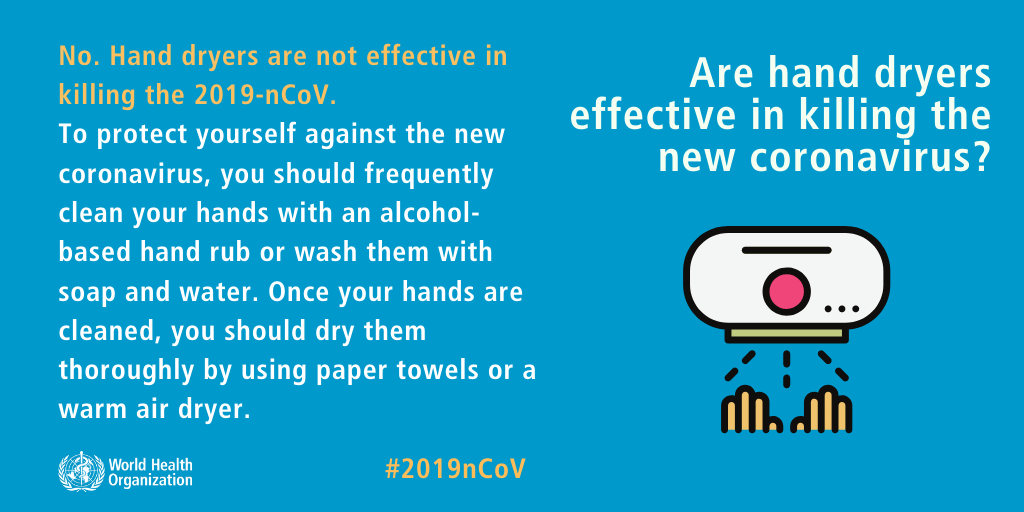
Can an ultraviolet disinfection lamp kill the new coronavirus?
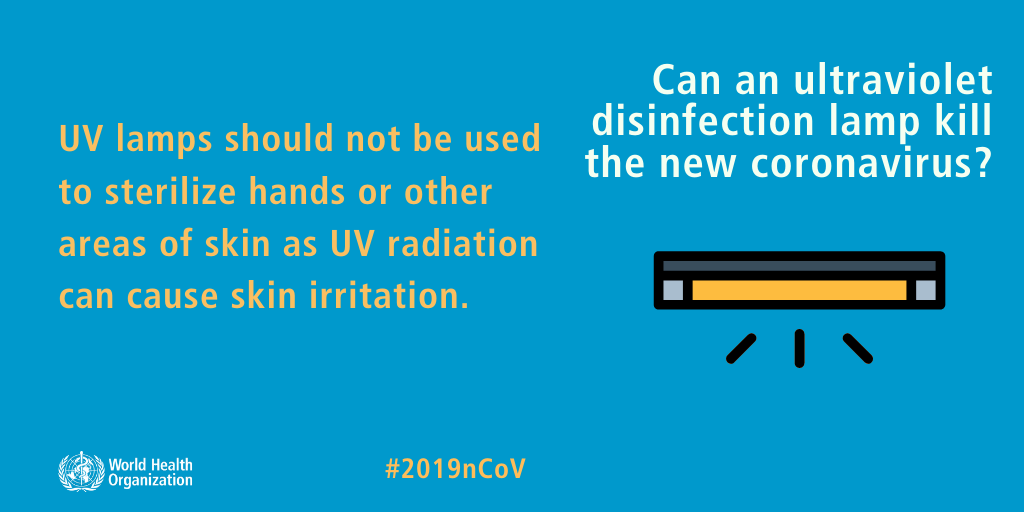
How effective are thermal scanners in detecting people infected with the new coronavirus?
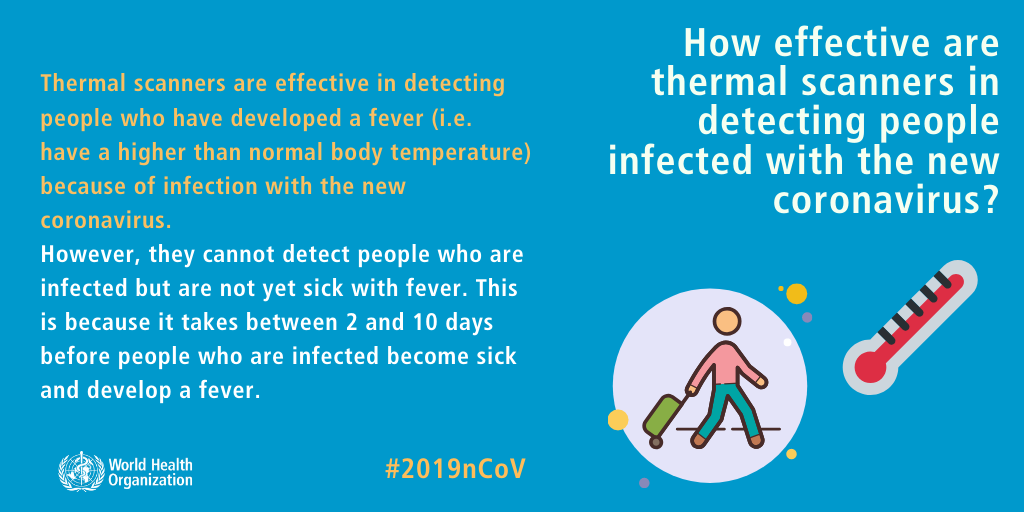
Can spraying alcohol or chlorine all over your body kill the new coronavirus?
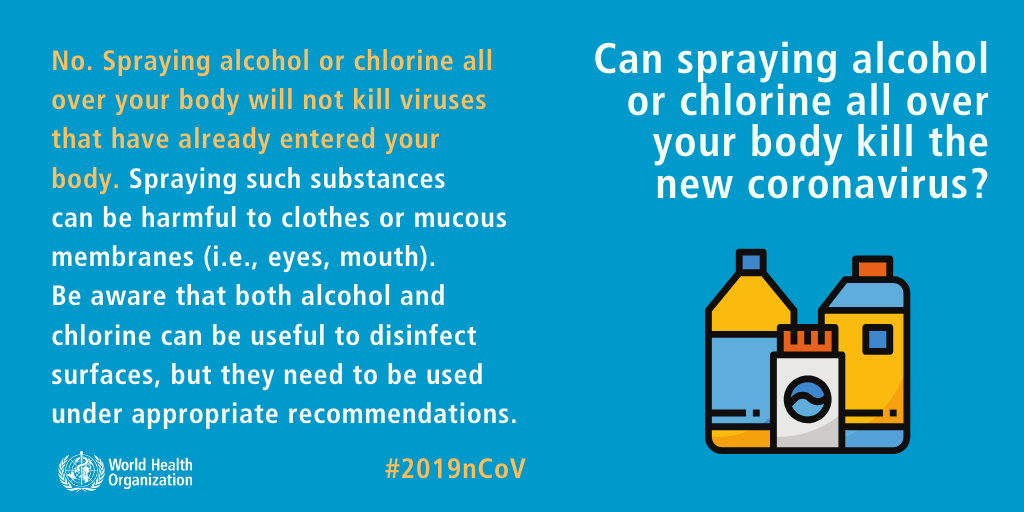
Is it safe to receive a letter or a package from China?
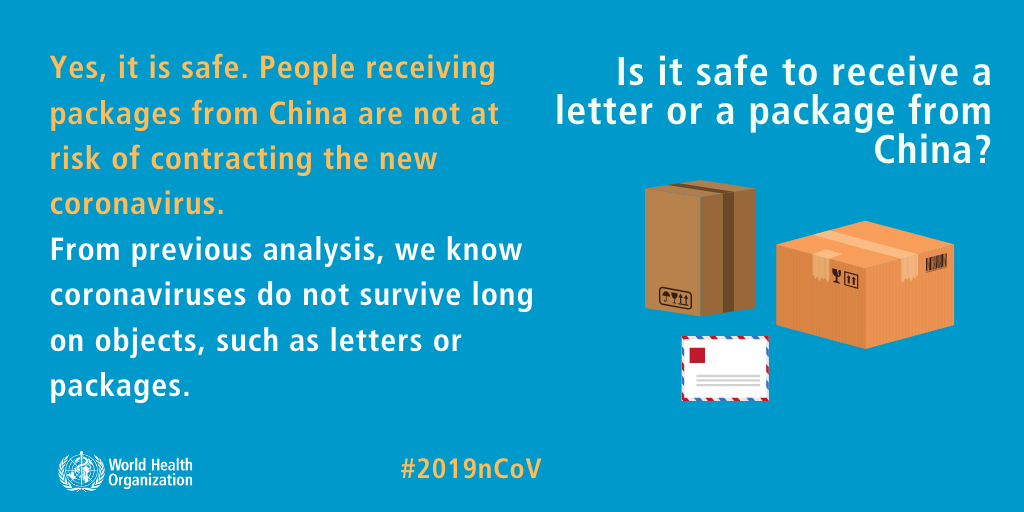
Can pets at home spread the new coronavirus (2019-nCoV)?
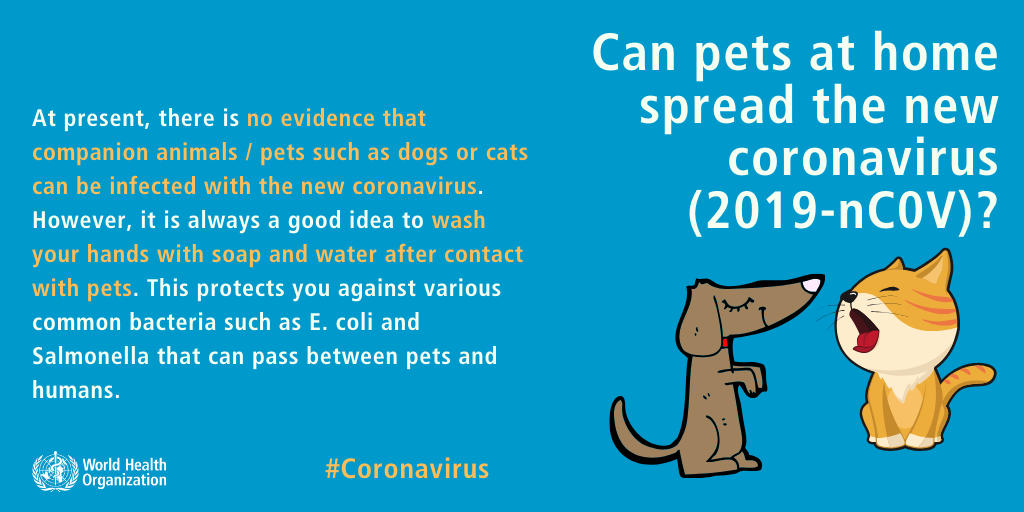
Do vaccines against pneumonia protect you against the new coronavirus?
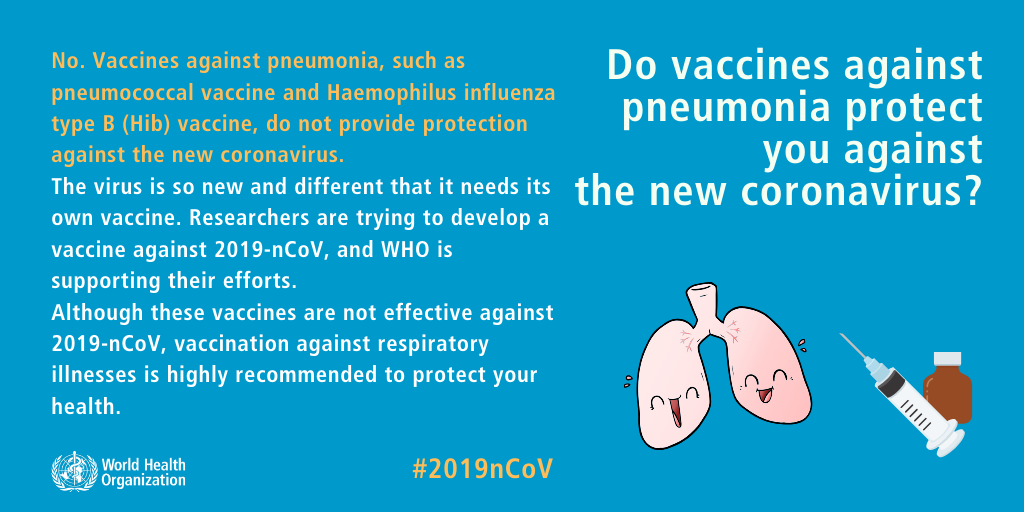
Can regularly rinsing your nose with saline help prevent infection with the new coronavirus?
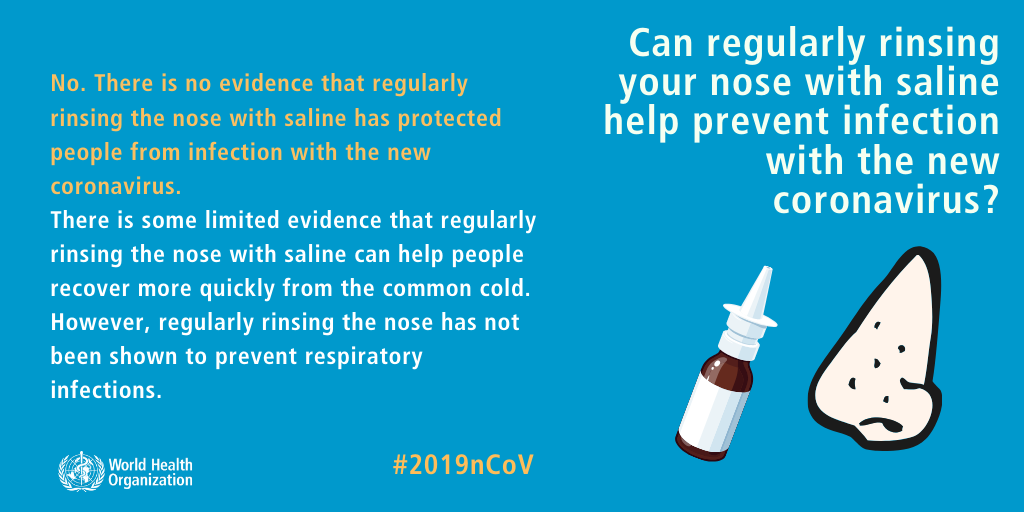
Are antibiotics effective in preventing and treating the new coronavirus?
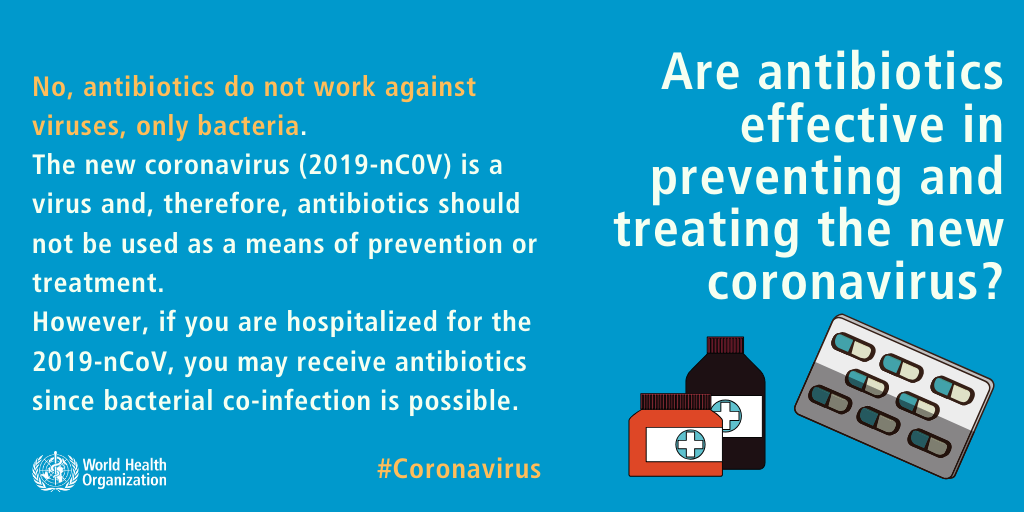
Can eating garlic help prevent infection with the new coronavirus?
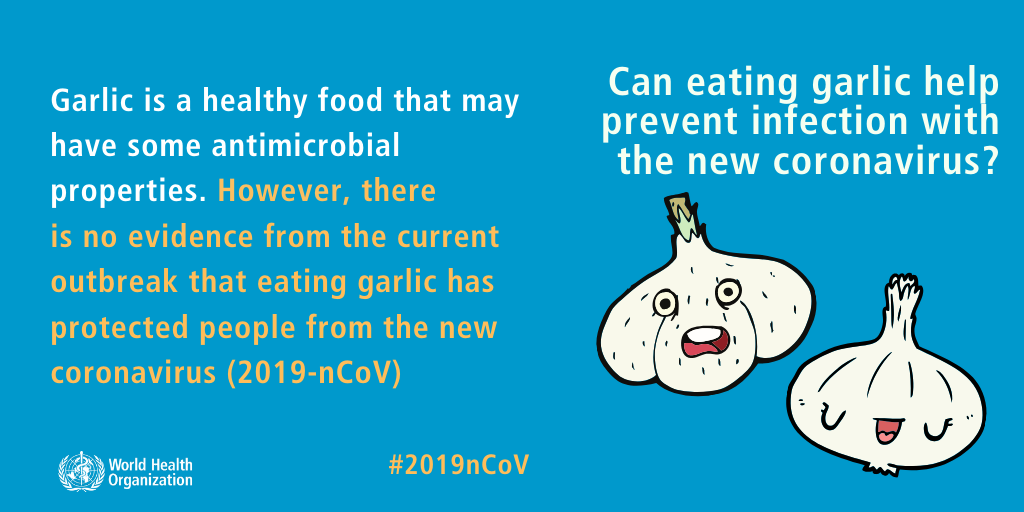
Are there any specific medicines to prevent or treat the new coronavirus?
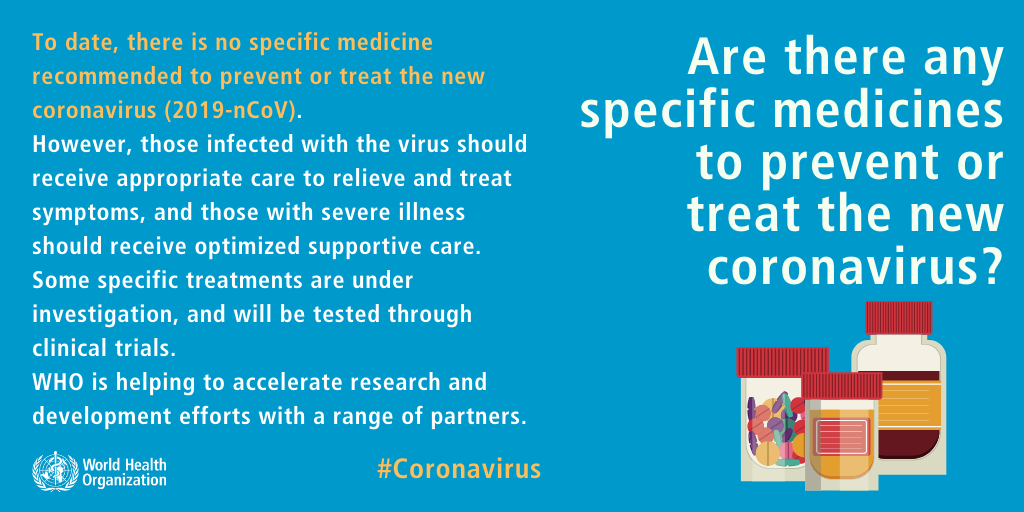
By:
Dr. Vijayakumar Hegde
MBBS, MD
(Pathology)
Al Hilal Hospital & Medical Centers


